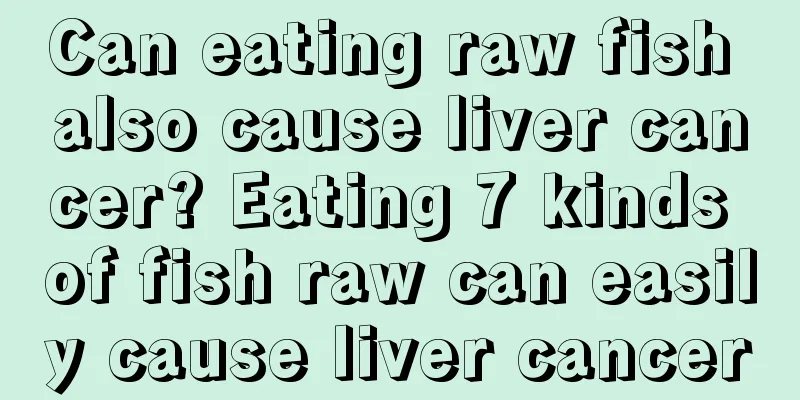Is salt water harmful?

|
Water is an indispensable substance for the human body and should be consumed in moderation every day. Studies have found that drinking light salt water is very beneficial to the body. For example, it can replenish the sodium lost through sweating, replenish the salt lost due to diarrhea, and eliminate oral bacteria. However, it also has certain hazards. It is not suitable for people with poor heart function or people with high blood viscosity. 1. Disadvantages of salt water Light salt water refers to salt water with a physiological concentration, containing about 1 gram of salt per 100 milliliters. It has several uses in daily life: 1. Replenishing the water and sodium lost by the body after sweating; 2. Replenishing the water and salt lost by the intestines after diarrhea to maintain electrolyte balance; 3. Gargling with light salt water can remove bacteria in the mouth and reduce redness and swelling caused by oropharyngeal inflammation. However, light salt water is not suitable for people with poor heart function and high blood pressure, especially in the morning when blood viscosity is highest. Drinking light salt water will aggravate dryness of mouth and promote increase in blood pressure. 2. How to replenish water correctly 1. Be careful about drinking water in the morning People who are thin, fair-skinned and have a cold constitution should not drink milk, juice or cold water that is below body temperature in the morning. They can drink warm soup or porridge instead. Freshly squeezed juice is not suitable for an empty stomach in the morning, and it should be consumed with breakfast even in summer. When replenishing water in the morning, avoid salt. Thick broth and salty wonton soup are not suitable for the morning, as they will only increase the body's hunger and thirst in the morning. 2. Drinking water before meals is the best way to nourish your stomach Do you need to drink water before eating? Wouldn't that dilute the gastric juice and affect digestion? Western cuisine has the step of appetizer before meals. The reason is to use soups and vegetables to stimulate appetite, lubricate the esophagus, and prepare for meals. Then, replenishing water before meals has the same meaning. Before eating solid food, drink half a cup (about 100 ml) of water, which can be room temperature juice, yogurt, warm rock sugar chrysanthemum water or light tea, or a small bowl of thick appetizer soup, all of which are good ways to nourish the stomach. 3. Drink more invisible water Food also contains water. For example, rice contains 60% water, and porridge is even richer in water. Looking at the food composition table, it is not difficult to see that the water content of fruits and vegetables is generally more than 70%. Even if you only eat 500 grams of fruits and vegetables a day, you can get 300-400 milliliters of water (two pregnant women). In addition, daily diet emphasizes the combination of dry and liquid foods, so it is not difficult to obtain 1500~2000 ml of water from three meals. It is better to make full use of the opportunity of three meals to replenish water. Choose more fruits and vegetables and non-salty soups and porridge, which are good for replenishing water. |
<<: How much salt should be added to the salt water?
>>: What exercises are suitable for thin people to gain weight?
Recommend
How to prevent colon cancer
Everyone should be relatively familiar with colon...
What are some foods that are easier to digest?
The stomach is a very delicate part, and if you d...
What foods are good for men to nourish their kidneys?
The kidneys are the source of all vitality. As th...
Is there red spots on your face after washing?
Normally, if you have red patches on your face af...
What are the causes of bone cancer
In recent years, bone cancer has become one of th...
Can calamine cure athlete's foot?
Calamine is a carbonate mineral, calcite family s...
The back of my head hurts and my eyes ache
Many people have pain in the back of their head a...
Will eating apples make you fat? It turns out this is the case
Apple is widely recognized as a holy product for ...
What are the nursing methods for residual gastric cancer
Long-term improper diet and irregular diet are li...
Why is a urinary catheter required during surgery
I believe that when you go to the hospital, you h...
How long should I wait between taking iron and calcium tablets
Calcium and iron are the two most indispensable e...
The most obvious symptoms of schistosomiasis
Schistosomiasis is a relatively serious parasitic...
Why does my face sweat so much
The face is very important for women, because eve...
Can fresh lotus seeds be eaten raw
In autumn, many foods are ripe, so we can eat a l...
Can a blood test detect pancreatic cancer?
In daily life, you may hear about many patients s...









